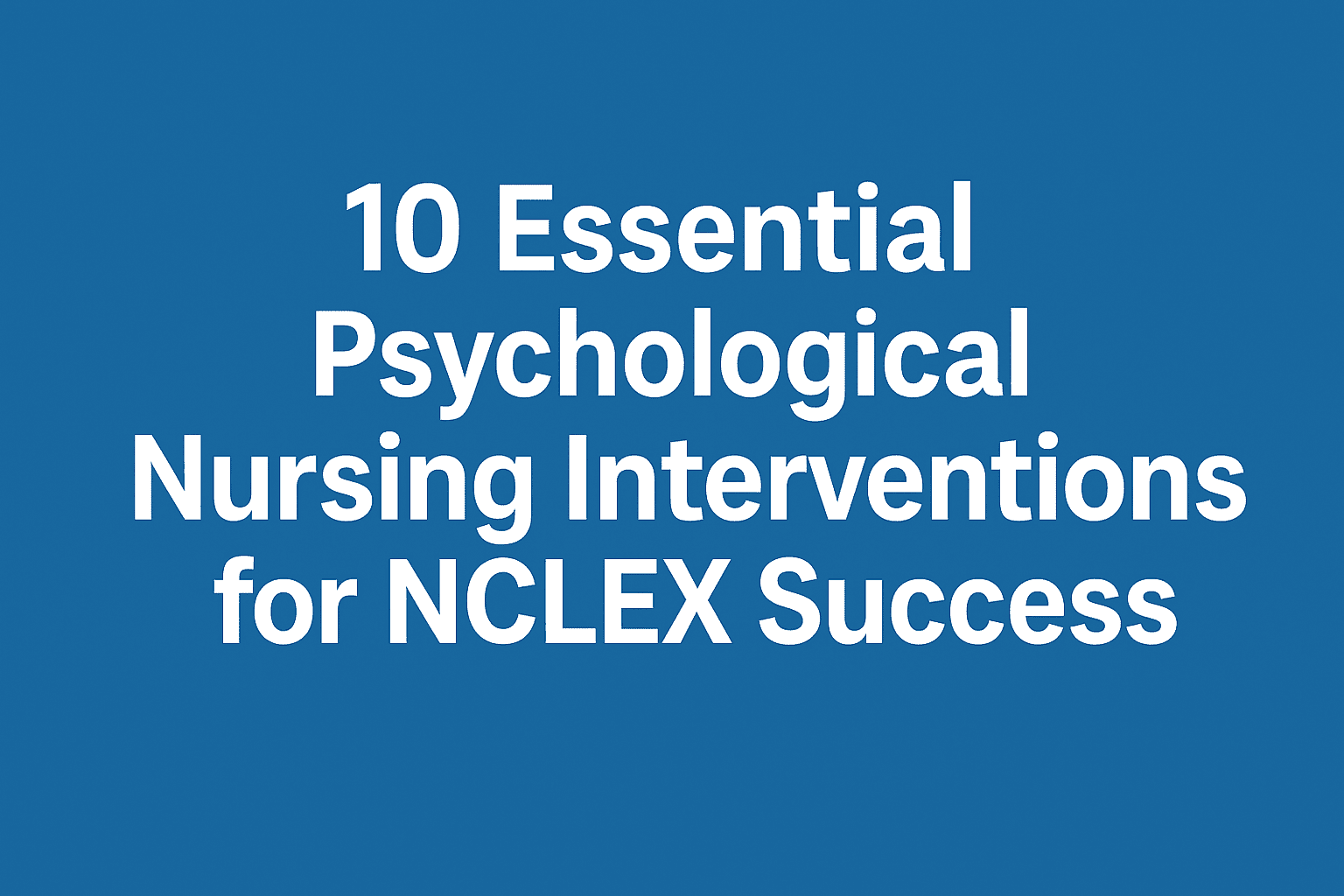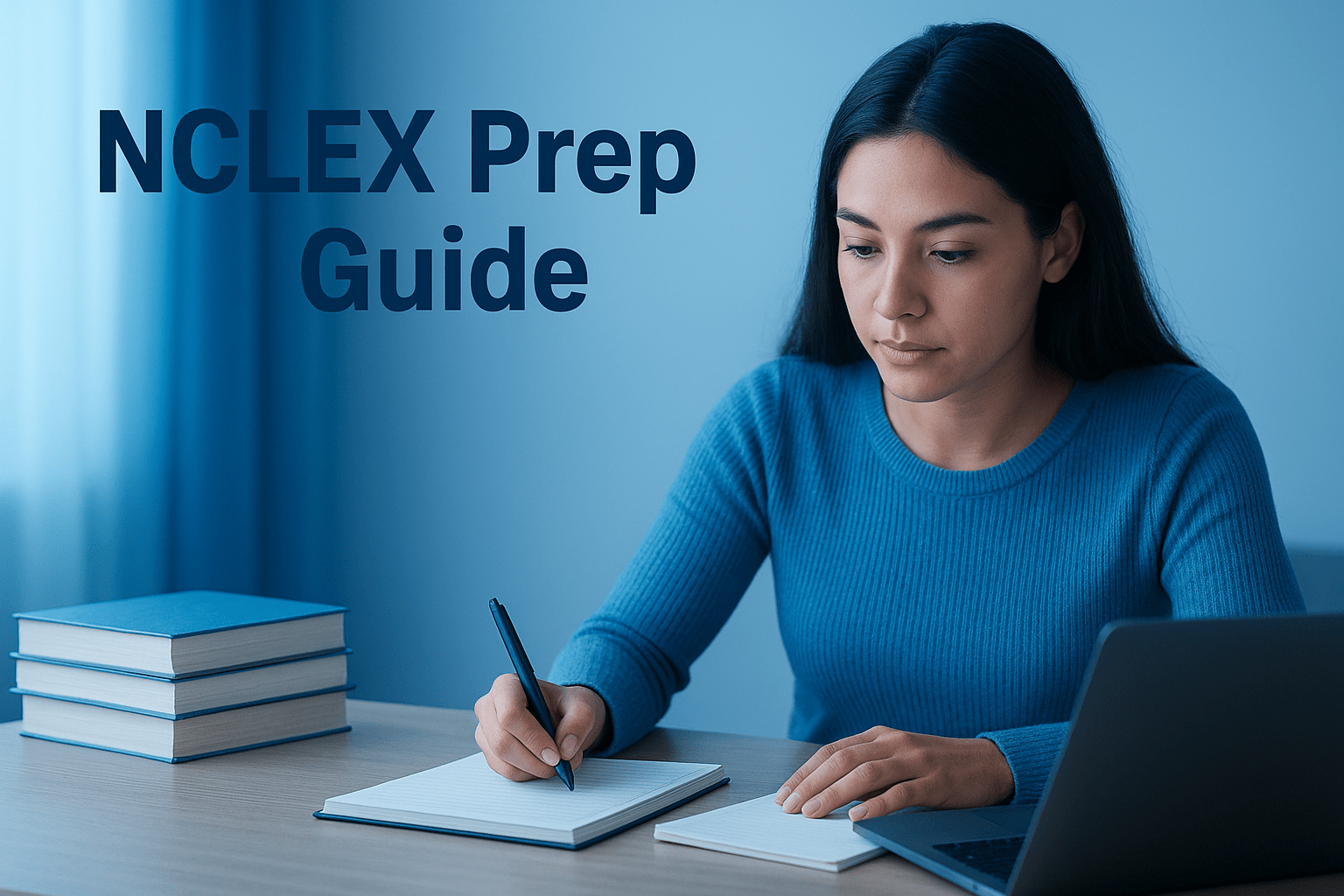Why Maternity NCLEX Questions Matter
Maternity and newborn care test your ability to keep mom and baby safe—from pregnancy through postpartum. Expect scenario-based items that reward clinical judgment over rote memorization.
Maternity NCLEX Questions: What to Master First
-
Physiology of pregnancy: trimesters, fetal development, maternal adaptations.
-
Labor & delivery: 4 stages, true vs. false labor, pain management, common interventions.
-
Fetal monitoring: baseline, variability, accelerations, early/late/variable decelerations.
-
Postpartum care: uterine involution, lochia, PPH risks/interventions, infection signs.
-
Newborn care: APGAR, thermoregulation, hypoglycemia, feeding basics, safety.
One-page cheat sheet idea: normal FHR (110–160), late decel actions (reposition → O₂ → stop oxytocin → IV fluids → notify), PPH meds (oxytocin, methylergonovine—check BP!), magnesium sulfate toxicity checks (RR, DTRs, UO) for severe preeclampsia.
Use Evidence-Based, NCLEX-Aligned Resources
Stick to current, exam-mapped content. At Nurseclex you’ll find:
-
Maternity practice questions with rationales (priority, safety, SATA).
-
NGN-style case studies for L&D and postpartum scenarios.
-
Printable cheat sheets (fetal monitoring, labor stages, postpartum red flags).
See related reading on Nurseclex Homeblogs:
-
Fetal Monitoring Made Simple (internal)
-
Postpartum Hemorrhage: First Actions (internal)
-
Newborn Safety & APGAR Quick Guide (internal)
-
Next Gen NCLEX Case Studies (Maternity) (internal)
Practice Like the Exam: Strategy > Memorization
-
Read the stem twice. Watch for priority, initial, best, safest.
-
Eliminate unsafe/out-of-scope choices first.
-
Apply frameworks: ABCs → Safety → Stability → Time-sensitive.
Examples
-
Late decelerations? Reposition to left side, give O₂, stop oxytocin, IV fluids, notify provider.
-
PPH signs (boggy uterus, heavy lochia): Fundal massage first, then meds per protocol.
-
Gestational diabetes newborn: Monitor for hypoglycemia (jittery, low temp), initiate feeds per protocol.
Study in Clinical Context (NGN-Ready)
Turn facts into actions with mini-cases:
-
Severe preeclampsia on MgSO₄: seizure precautions; monitor RR, DTRs, UO; keep calcium gluconate available.
-
PROM with maternal temp 38.3 °C: suspect chorioamnionitis → cultures, antibiotics, fetal monitoring.
-
Shoulder dystocia: call for help, McRoberts, suprapubic pressure (no fundal pressure).
Learn Together & Teach Back
-
Join a small study group.
-
Do 5-minute “teach backs” on a single topic (e.g., true vs. false labor).
-
Use Nurseclex community threads to compare rationales and shortcuts.
Manage Test Anxiety with Reps and Rituals
-
Timed blocks (25–40 Qs), then rationale review.
-
Breathing reset every 10–15 items on exam day.
-
Sleep > cram the night before.
Quick-Hit Priority Checklists
Labor & Delivery (triage)
-
Is there bleeding + pain (think abruption) vs bleeding painless (previa)?
-
Rupture of membranes: check FHR, note color/odor (meconium?), time of ROM.
-
Decelerations: late/variable = action now.
Postpartum
-
Fundus firm and midline? If boggy → massage.
-
Lochia amount/color; saturation <1 hr = red flag.
-
Vitals (tachycardia with falling BP) = suspect PPH.
Newborn
-
Thermoregulation (skin-to-skin, warm, dry).
-
Hypoglycemia risk (IDM, SGA/LGA, cold stress).
-
Safe sleep and car seat basics.
Build a Simple, Durable Plan
2–3 weeks (focused): Daily 40–60 maternity Qs + 10-minute fetal monitoring review + 1 NGN case every other day.
4–6 weeks (comprehensive): Alternate content days (L&D → postpartum → newborn → complications) with question days; weekly simulator.
Also helpful on Nurseclex:
Bottom Line
Maternity NCLEX questions reward priority, safety, and clinical judgment. Drill high-yield topics, practice NGN-style items, and use structured checklists. With consistent reps on Nurseclex, you’ll walk into maternity questions confident and ready.







